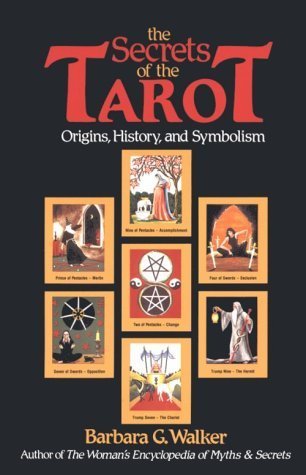What do you think?
Rate this book


260 pages, Paperback
First published October 1, 1984

The Philistine name for the fish-tailed White Goddess was Atargis. Her Syrian name was Astarte. Her Babylonian name was Ishtar. At Der she was called Derceto, “Whale of Der,” the great Fish-mother who swallowed the phallic god Oannes, prototype of the biblical Jonah. Even Judeo-Christian Scriptures admitted that Jonah's whale was female, and he spent three days in her “womb” (not stomach) prior to his rebirth. The myth of the swallowing was really a sexual allegory. The fish was a common symbol of the yoni […blah blah…] that ubiquitous castration figure ever apparent in men's dreams and myths: the vagina dentata […blah blah…] power of the female over the male […] well-known principle in psychiatry that both sexes fantasize the vulva as a mouth [… etc.]
